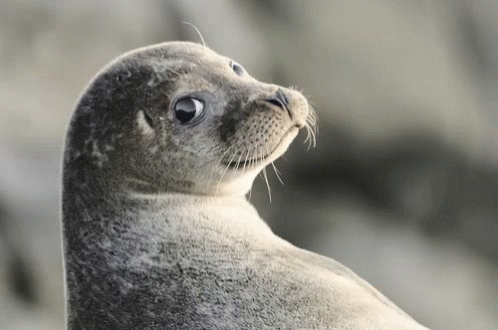Davis Mohn
They say it can’t be done

Describe the aspect of the movie
A small group of people are featured in the movie working on innovative solutions to major global issues like food insecurity and climate change. Things like real chicken nuggets made without harming an animal, lab-grown human organs for life-saving transplants, and a gadget that looks like your grandmother's old drying rack that removes harmful carbon from the air are involved. First, Patrick Allitt of Emory University says smart regulation has created a better and safer world for all of us. Ultimately, you may want regulators to rush. In the meantime, the film includes Dr. Anthony Atala, Director of the Wake Forest Institute for Regenerative Medicine. Atala uses 3D printing technology and patient cells to create bespoke organs and body parts. The Atala team teaches you how to make someone's ears bigger. The organs they can make eliminate waiting lists for transplants. Then Josh Tetrick and the Eat Just scientists. A company that uses cell culture technology to produce real animal protein without killing the animal. This process involves culturing animal cells in a laboratory and feeding them a liquid solution of nutrients. Laboratory conditions are sterile, so no antibiotics are needed to safely grow meat. — Wagyu beef is no more expensive than any other type of beef. As They Say It Can't Be Done shows, entrepreneurs and innovators often face outdated regulatory regimes. This is a particular problem for entrepreneurs working on life-or-death projects. Atala deals with artificial organs. Regulation can also be used as a stick by large corporations to interfere with the regulation of others. As lawyer Jeff Laws (Institute for Justice) points out in the film, big companies love regulation because it can stifle competition.
 Why is it interesting?
Why is it interesting?
Since the filming of the movie, Eat Just had to bring scientific and ethical meat production to Singapore, but Klaus Lacker's carbon-reducing 'tree' is being developed in the UK. Whether or not he decides on regulation, director Michael Ozias keeps things moving, mixing interviews and tales of invention with animation. Regardless of the message about government regulation, the entrepreneurs in the film and their jobs are truly compelling. So, it's no wonder They Say It Can't Be Done was spun off into a TV series to continue showcasing various innovators and their projects.
Entrepreneurial and Society
In industries as various as aquaculture, 3D-printed human organs, cultured beef, and carbon capture, entrepreneurs are creating technological solutions, as demonstrated in the documentary They Say It Can't Be Done. This innovation helps society tremendously by healing the seals, solving world hunger, eliminating organ wait list, and reducing atmospheric carbon. Innovation is never without danger, and it frequently has repercussions that may have an adverse effect on our health, safety, and environment. Because of this, the public interest is protected and served by our regulatory system. However, in the quick-moving world of technology advancement, even well-intended restrictions have the potential to unintentionally impede positive advancement. Each of the businesses in the movie has the ability to address some of our most pressing problems, but they are all constrained by the same regulatory framework. Society obviously enjoys this type of innovation because it is trying to help the main problems in this world.